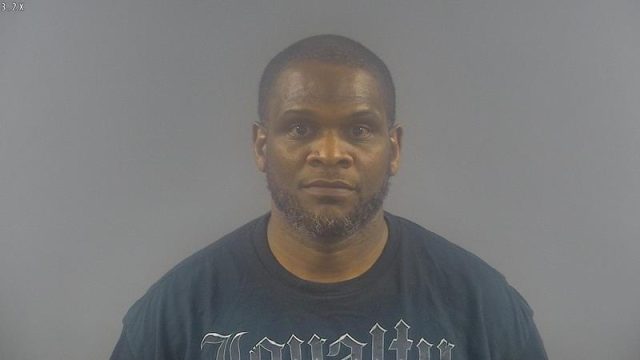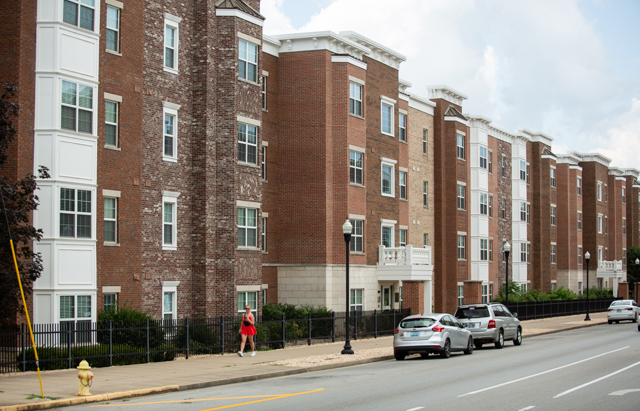History reason taxes tough sell in Ky.
Published 9:00 am Wednesday, July 5, 2017
An Associated Press article last week discussed the tough sell Gov. Matt Bevin will face this August when he calls the General Assembly into special session to discuss taxes.
The governor in a letter to lawmakers last month cautioned against listening to “rumors” about what may be in store. He said his administration has made “no final decisions” about what it will recommend.
Trending
But Bevin said in his State of the Commonwealth address in February that he expects to make a tax proposal that will not be “revenue neutral,” one in which some businesses and individuals will pay more. It is the echoes of that speech that has Republican lawmakers on edge.
As the AP article points out, many members of the GOP’s legislative supermajorities promised specifically during their campaigns last year not to raise taxes. Some vowed to cut them instead.
Bevin is a relative newcomer to politics. He was not even a Kentucky resident when the last two major tax increases came to pass. The same cannot be said of Republican lawmakers, most of whom have been around for a while.
Some remember the late Republican Gov. Louie Nunn, who was elected in 1967. Nunn was the first Republican to win the governor’s mansion in 20 years. He railed against taxes and state government inefficiencies during his campaign. But once in office he stunned backers by proposing a two-cent hike in the state sales tax and a 150 percent increase in the vehicle license tax to fund new programs. The GOP was shut out in governors races for the next 30 years.
The last major tax increase came under the late Democratic Gov. Wallace Wilkinson in 1990. But Wilkinson had cover from a disingenuous Kentucky Supreme Court decision that trampled the separation of powers by ruling that “inequities” in school spending violated the Kentucky Constitution.
This gave Wilkinson and a Democrat-controlled legislature all the room they needed to raise the sales tax another penny and add other taxes and fees. Collectively it comprised the largest tax increase in state history.
Trending
Despite that, Democrats won two more elections before Republican Congressman Ernie Fletcher finally wrested the governor’s office from their control. Unfortunately, while it was not on the scale of Louie Nunn, Fletcher too would do some un-Republican things.
Fletcher put through his own “tax reform” program. Although there was an attempt to package it as revenue neutral, it proved nothing of the sort. Particularly odious was a minimum corporate tax applied even if a company was unprofitable. Fletcher was dogged during his administration by a cooked up hiring probe that undoubtedly damaged him. But many would argue that the tax program played at least as large of role in Fletcher becoming a one-term governor.
Bevin, we concede, is in a tough spot. He believes it will cost the state $80 billion over the next 30 years to work its way out of a public employee pension crisis that spiraled out of control under his predecessor, two-term Democratic governor Steve Beshear.
But Bevin may find the solution not so easy. Significant expansion of the tax base is probably a nonstarter with most of his Republican colleagues. The aforementioned history is the reason why.






